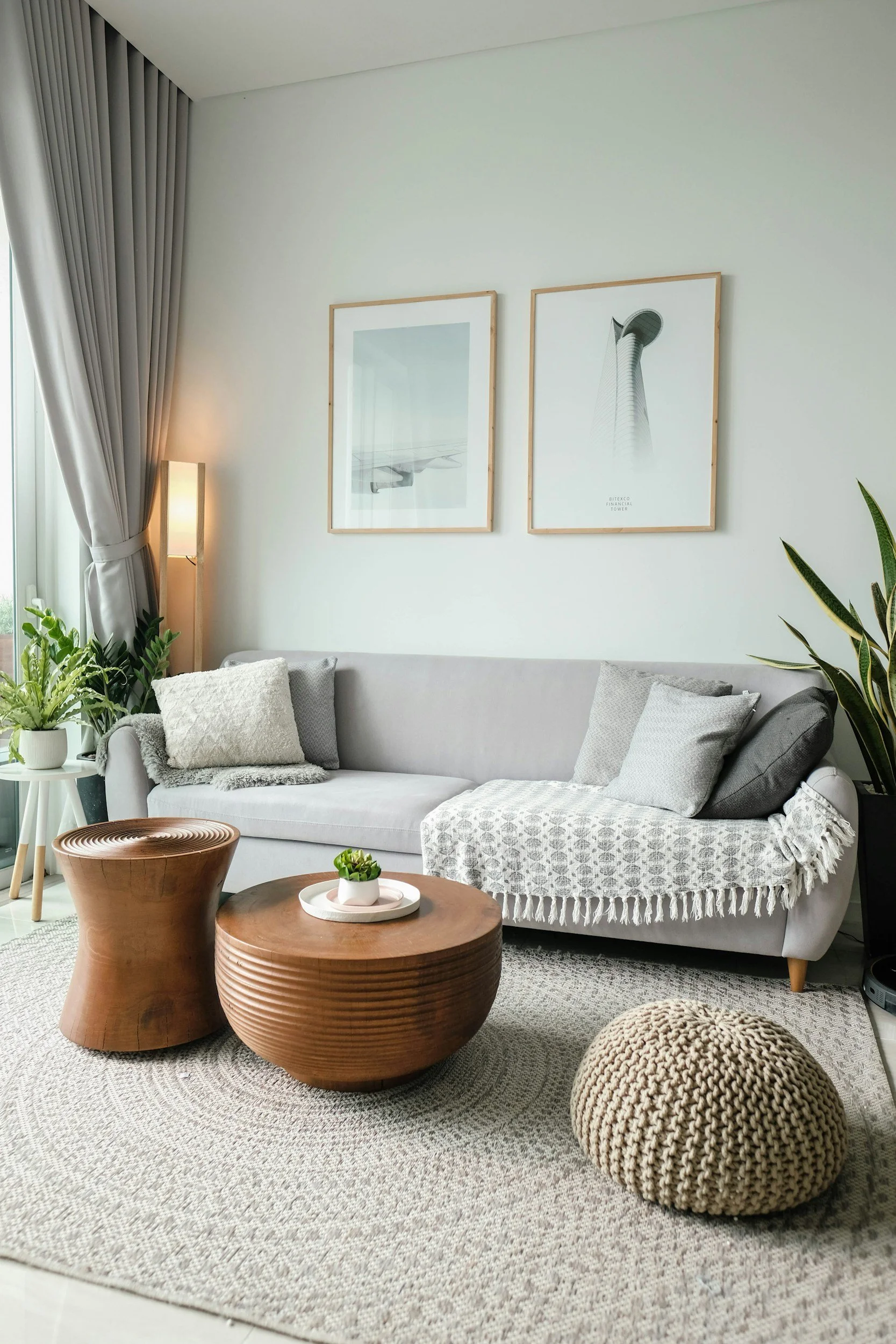How CBT can help you
Cognitive Behavioural Therapy (CBT) is a practical talking therapy that helps you break free from unhelpful cycles of thoughts and behaviours that can leave you feeling stuck.
To break it down simply — ‘Cognitive’ is about how we think (our beliefs, thoughts and self-talk), and ‘Behavioural’ is about what we do (our actions, habits and coping strategies).
Sometimes we fall into patterns of unhelpful thinking and behaviours that can affect how we feel — often leading to difficulties like anxiety, low mood or low self-esteem. These patterns can create a cycle that keeps turning until it feels like you just can’t break out of it.
CBT helps by identifying those patterns, working together to gently challenge unhelpful thoughts, and finding new, healthier ways of thinking and responding. It’s not about "just thinking positively" — it’s about learning realistic, balanced ways to respond that help you feel more in control and build real confidence.
What to expect in CBT
Compared to some other therapies, CBT is quite structured. We’ll always have a plan or focus for each session, and you’ll always know what we’re working on together.
While CBT involves plenty of talking, it’s also very proactive. You’ll learn practical tools and strategies you can start putting into practice between sessions to support your progress.
Most importantly, everything we do will be collaborative — we’ll agree together on what feels helpful, what to focus on, and how to pace your therapy.
Introductory Call
In our initial call, we’ll have a relaxed chat about what’s bringing you to therapy. I’ll share my thoughts on how CBT might help, and you can ask any questions you might have. There’s no pressure at all — this is just a chance for us to see if CBT feels like the right fit for you. If you decide you’d like to go ahead, we’ll arrange your first session.
How it works
First therapy session
In our first session, we’ll take a bit more time to explore things in more depth. We’ll talk about how your difficulties started, what might be keeping them going, and start to build a clear understanding of what’s going on. We’ll also look at what goals you’d like to work towards so that we have a clear direction for therapy that feels right for you.
Ongoing sessions
Each session is guided by your goals, and we’ll always have a clear plan for what we’re working on together. We’ll regularly review how things are going and adapt as needed. CBT is quite proactive, so alongside talking things through, I’ll often give you tools and strategies to try out between sessions — but everything we do is always agreed together.
FAQS
-
Therapy sessions cost £95 and are for 1 hour.
-
Everyone is different, but many clients find between 8–25 sessions helpful, depending on their goals. Some clients choose to continue therapy for longer because they find it helpful to have a regular space that’s just for them each week.
Whatever you decide, we’ll review progress regularly and tailor the length of therapy to your needs.
-
I usually recommend weekly sessions, as consistency is really important for making progress — especially if we’re working together for a shorter number of sessions. If you choose to continue therapy longer term, some clients find it helpful to space sessions out a little as they start feeling more confident in their progress. Either way, we’ll always discuss what feels right and works for you and adapt as we go.
-
No! I have lots of experience working with a range of anxiety and depressive disorders including Depression, OCD, Generalized anxiety, Social Anxiety, Panic Disorder, PTSD, Health Anxiety, Specific Phobias and Body Dysmorphia.
Some people recognise that they have low self-esteem but feel there may be a more pressing issue causing it that needs to be addressed first.
If you're not sure whether I can help, feel free to get in touch.
-
Yes — all of my sessions are currently offered online. This means you can access therapy from the comfort of your own space, wherever you are, in a way that’s often easier to fit into your day with minimal disruption.
Research shows that online therapy is just as effective as face-to-face.
Interested in getting support?
It’s time to make yourself a priority and live the life you deserve


